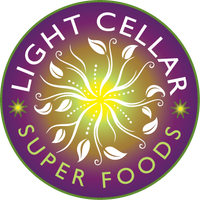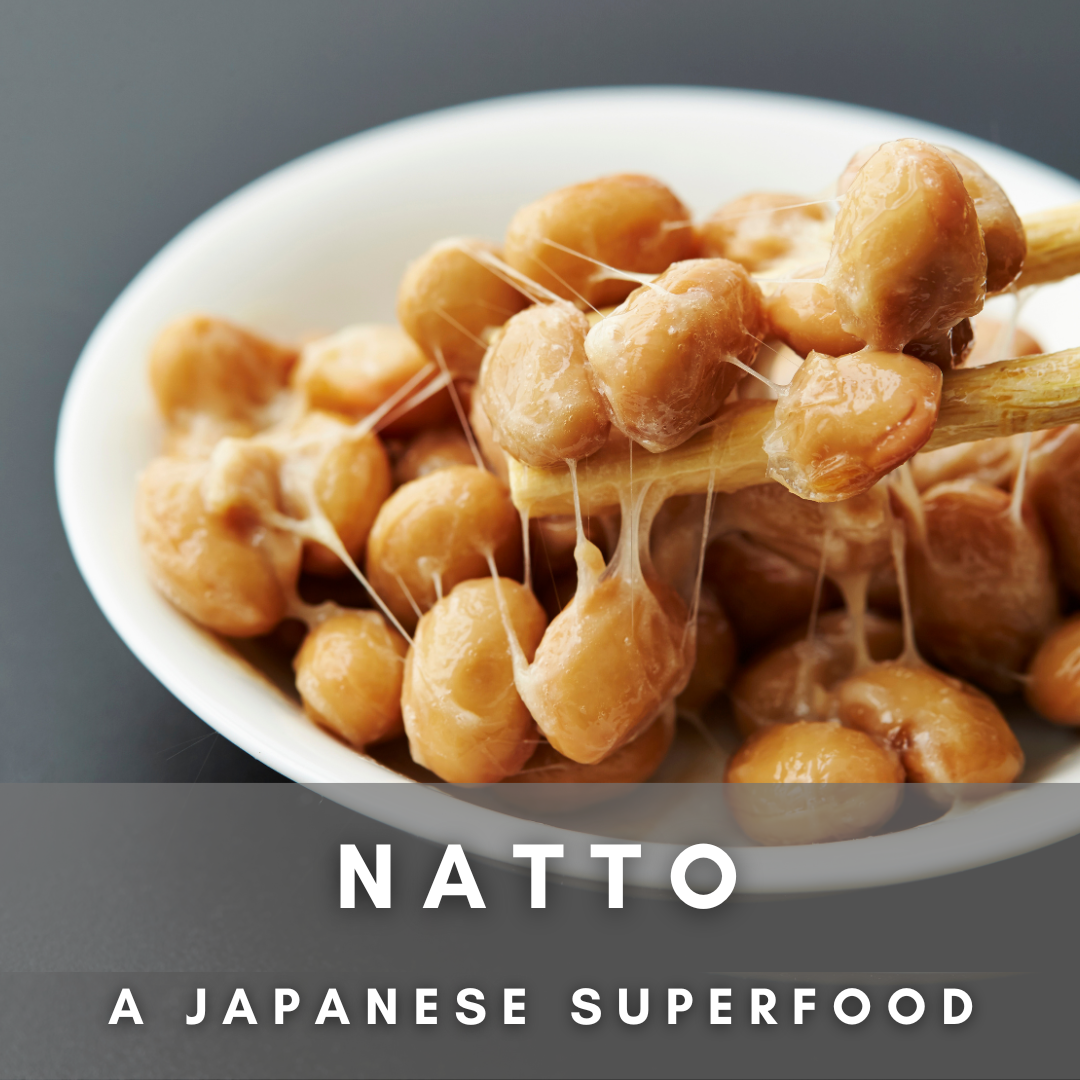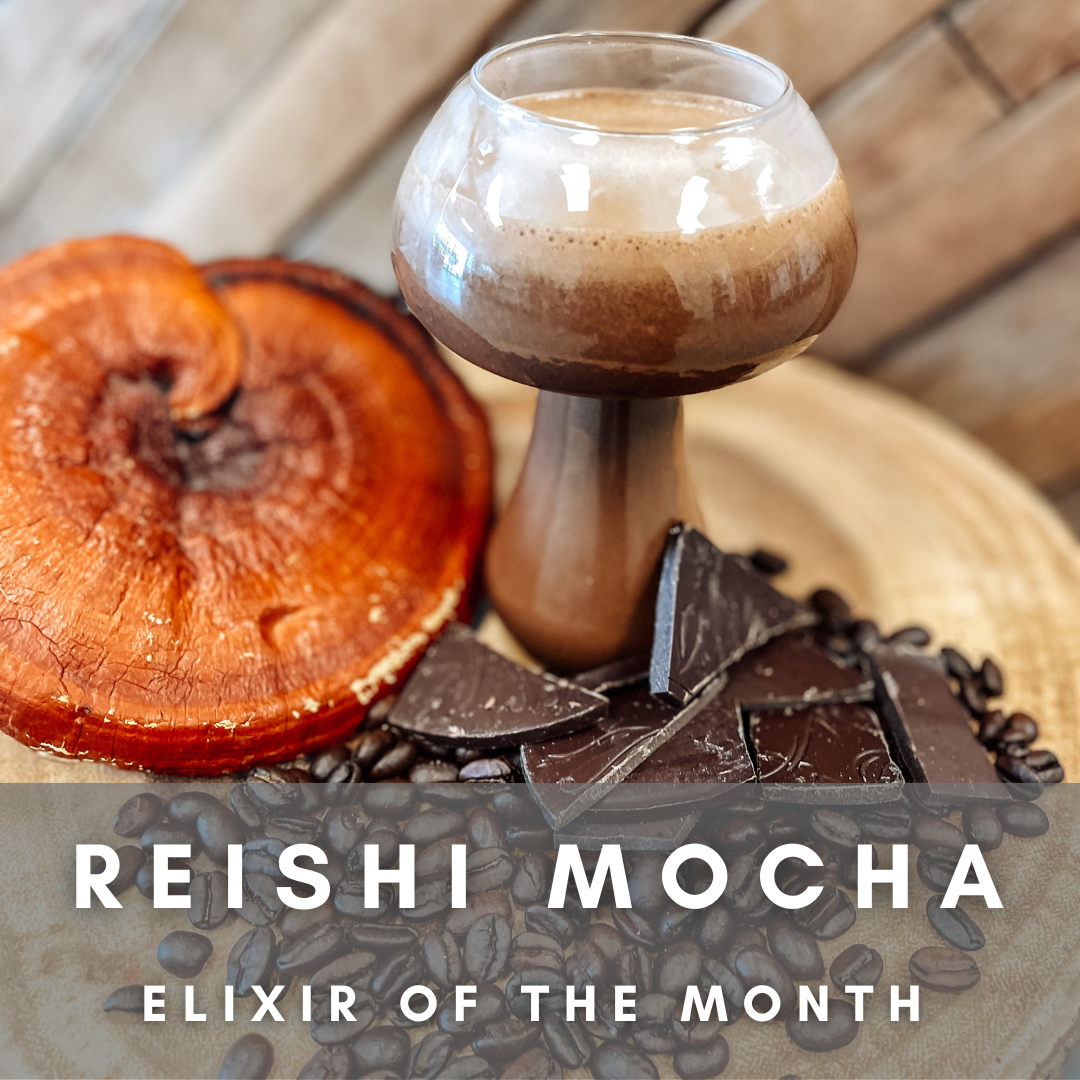Let's Talk About Harmful Seed Oils
Seed oils, what are they?
Seed oils, also known as vegetable oils, are oils that are extracted from the seeds of plants. Some seed oils are beneficial to our health and some aren't. Let's talk about the harmful seed oils to start. In today's modern diet, harmful oils are commonly used for cooking, baking, and various food preparation methods. Some common examples of harmful seed oils include:
-
Soybean Oil: Extracted from soybeans, this oil is widely used
-
Canola Oil: Derived from the seeds of the canola plant, a type of rapeseed, canola oil
-
Corn Oil: Obtained from the germ of corn, corn oil is commonly used for frying and in salad dressings.
-
Sunflower Oil: Extracted from sunflower seeds, is often used in cooking and as a base for salad dressings.
-
Safflower Oil: Extracted from the seeds of the safflower plant, safflower oil is often used in cooking and frying
-
Cottonseed Oil: Extracted from the seeds of the cotton plant, cottonseed oil is used in a variety of processed foods.
-
Peanut Oil: Although technically a legume, peanuts produce an oil commonly used in cooking, especially for frying.
With the wide use of harmful seed oils in processed foods and restaurants these days, there is a growing discussion about their harmful health effects. Some concerns include their high omega-6 fatty acid content, potential for oxidation, and the extraction and refining processes that may strip the oils of nutrients. Before we dive further into the potential effects of harmful seed oils, let's first learn about how seed oils were first used and how harmful seed oils eventually became a staple in modern diets.
How seed oils became a staple in modern day diets
As we explore the shelves of our local grocery stores, it's hard to ignore the all the varieties of seed oils and harmful seed oils lining the aisles. How did these oils make their way into our food system in the first place though?
-
Ancient Roots: The use of plant-based oils can be traced back to ancient civilizations. Egyptians, Greeks, and Romans utilized oils extracted from seeds and fruits for various purposes, including cooking, medicine, and skincare. Olive oil, in particular, gained prominence in Mediterranean cultures and continues to be a culinary icon today.
-
Industrial Revolution and Seed Oil Production: The 19th century brought about the Industrial Revolution, a period marked by significant advancements in manufacturing and technology. This era witnessed the rise of seed oil production on a larger scale, driven by innovations in oil extraction methods. The advent of mechanical presses and solvent extraction techniques allowed for the efficient processing of seeds, paving the way for mass production.
-
Expansion of Agriculture: As agriculture expanded and diversified, so did the cultivation of oilseed crops. Sunflower, canola (derived from rapeseed), and corn became staple crops in various regions, providing a steady supply of seeds for oil extraction.
-
The Soybean Boom: The early 20th century saw the emergence of soybean oil as a major player in the seed oil industry. During World War II, there was a high demand for vegetable oils, including soybean oil, for various industrial and military purposes. Soybeans became a crucial crop due to their versatility, and the U.S. government encouraged their cultivation to meet wartime needs.
-
World War II and the Shift in Fats: During World War II, there was a shortage of traditional fats like butter and lard. Seed oils, being more readily available and economical, stepped in as substitutes. This shift marked a turning point in culinary habits, as seed oils became a staple in households across the globe.
-
Marketing and Dietary Recommendations: In the latter half of the 20th century, the marketing of seed oils as a "healthier" alternative gained momentum. With the emphasis on polyunsaturated fats and the promotion of cooking oils like corn and sunflower, consumers were encouraged to make the switch from traditional animal fats.
The history of how seed oils have evolved and shifted in our diets throughout history is an interesting one to say the least. The looming question arises though, what makes certain seed oils potentially harmful?
Why are certain seed oils potentially harmful to our health?
While the topic of the health impact of seed oils is complex and ongoing research continues to refine our understanding, more concerns have been raised in the health community as of lately. It's important to note that the effects of seed oils can vary depending on factors such as the type of oil, processing methods, and individual health conditions. Here are some reasons why certain seed oils have been associated with potential health risks:
-
Imbalance of Omega-6 and Omega-3 Fatty Acids:
- Many seed oils, such as soybean, corn, and sunflower oils, are high in omega-6 fatty acids. While both omega-6 and omega-3 fatty acids are essential for the body, maintaining a balanced ratio between them is crucial. An imbalance, often prevalent in Western diets, may contribute to inflammation, which is associated with various chronic diseases.
-
Oxidative Damage:
- Seed oils are prone to oxidation due to their high polyunsaturated fat content. When these oils are exposed to heat, light, or air during cooking or processing, they can become rancid, leading to the formation of free radicals. Free radicals contribute to oxidative damage, a process linked to aging and the development of diseases such as cardiovascular issues and cancer.
-
Processing Methods:
- The extraction and refining processes used to produce seed oils may involve the use of chemicals and high temperatures. These processes can strip the oils of their natural antioxidants and nutrients, leaving behind a product that lacks the nutritional benefits found in whole seeds.
-
Inflammatory Response:
- Excessive consumption of seed oils has been associated with an increased risk of chronic inflammatory conditions. Chronic inflammation is linked to a range of health issues, including autoimmune diseases, arthritis, and cardiovascular problems. Opting for oils with a more balanced omega-3 to omega-6 ratio, such as olive or coconut oil, may be a healthier alternative.
-
Impact on Metabolic Health:
- Some studies suggest that a diet high in seed oils may negatively impact metabolic health, potentially contributing to insulin resistance and the development of type 2 diabetes. Choosing oils with a better fatty acid profile might be a wise choice for those looking to support metabolic well-being.
It's important to approach the consumption of seed oils with a balanced perspective. Not all seed oils are created equal, and moderation, along with a diverse and balanced diet, is key to maintaining overall health. As research continues, staying informed about the latest findings and consulting with healthcare professionals can help individuals make well-informed dietary choices. Now that we've learned about potentially harmful seed oils, let's talk about the healthy ones!
Healthy seed oils
Several seed oils are considered healthier options due to their favorable fatty acid profiles, antioxidant content, and potential health benefits. Here are examples of healthy seed oils:
-
Olive Oil: Derived from olives, extra virgin olive oil is rich in monounsaturated fats and antioxidants, such as polyphenols. It has been associated with various health benefits, including heart health and anti-inflammatory properties.
-
Avocado Oil: Pressed from the pulp of avocados, this oil is high in monounsaturated fats, which are heart-healthy. It also contains vitamin E and may have anti-inflammatory properties.
-
Flaxseed Oil: A plant-based source of omega-3 fatty acids, flaxseed oil can be beneficial for heart health and may have anti-inflammatory effects. It is sensitive to heat and should be stored in the refrigerator to prevent oxidation.
-
Chia Seed Oil: Chia seeds are rich in omega-3 fatty acids, and their oil can be a good source of these essential fats. Chia seed oil is often used in supplements and can contribute to a balanced omega-3 to omega-6 ratio.
-
Hempseed Oil: Hempseed oil contains a balanced ratio of omega-6 to omega-3 fatty acids and is rich in gamma-linolenic acid (GLA). It has anti-inflammatory properties and can be a nutritious addition to the diet.
-
Pumpkin Seed Oil: Extracted from pumpkin seeds, this oil is a good source of monounsaturated and polyunsaturated fats, as well as antioxidants like vitamin E and carotenoids.
-
Sesame Oil (Unrefined): Unrefined sesame oil, particularly the variety made from toasted sesame seeds, is rich in antioxidants and has a characteristic nutty flavor. It is often used in Asian cuisines.
-
Coconut Oil: While technically not a seed oil, coconut oil is derived from the flesh of coconuts. It is high in saturated fats, but it consists mainly of medium-chain triglycerides (MCTs), which may have some health benefits. It's suitable for medium-heat cooking.
When incorporating seed oils into your diet, it's essential to consider the oil's stability, smoke point, and nutritional profile. Additionally, moderation is key, as all oils are calorie-dense. Consulting with a healthcare professional or a nutritionist can provide personalized guidance based on individual health needs and dietary preferences.
FAQ
Does Light Cellar use harmful seed oils in their food, drinks or products?
The answer to that is, no. We are committed to upholding a high quality standard here at Light Cellar and that means we exclude harmful seed oils in all aspects of our store. Every product, meal or drink you try from us is 100% free of harmful seed oils.
What healthy seed oils does Light Cellar Use?
We only use Extra Virgin Organic, Unrefined, Raw Olive Oil and Extra Virgin Organic, Unrefined and Raw Coconut Oil.
Does Light Cellar use any other oils or healthy fats in their food products?
Yes! We welcome all types of diets here at Light Cellar and thus we use certified organic Coconut Oil and MCT Oil; grass-fed, antibiotic and hormone-free Canadian certified organic butter; Grass-fed and finished and antibiotic and hormone-free organic Canadian Beef Tallow and Grass-fed Organic Ghee!
Does Light Cellar use healthy oils in their body care products?
Yes! We only use Extra Virgin, Organic, Unrefined and Raw Olive oil in our balms/salves and hair oils!
Thank you for taking the time to read this blog! Let us know if you have any questions!



